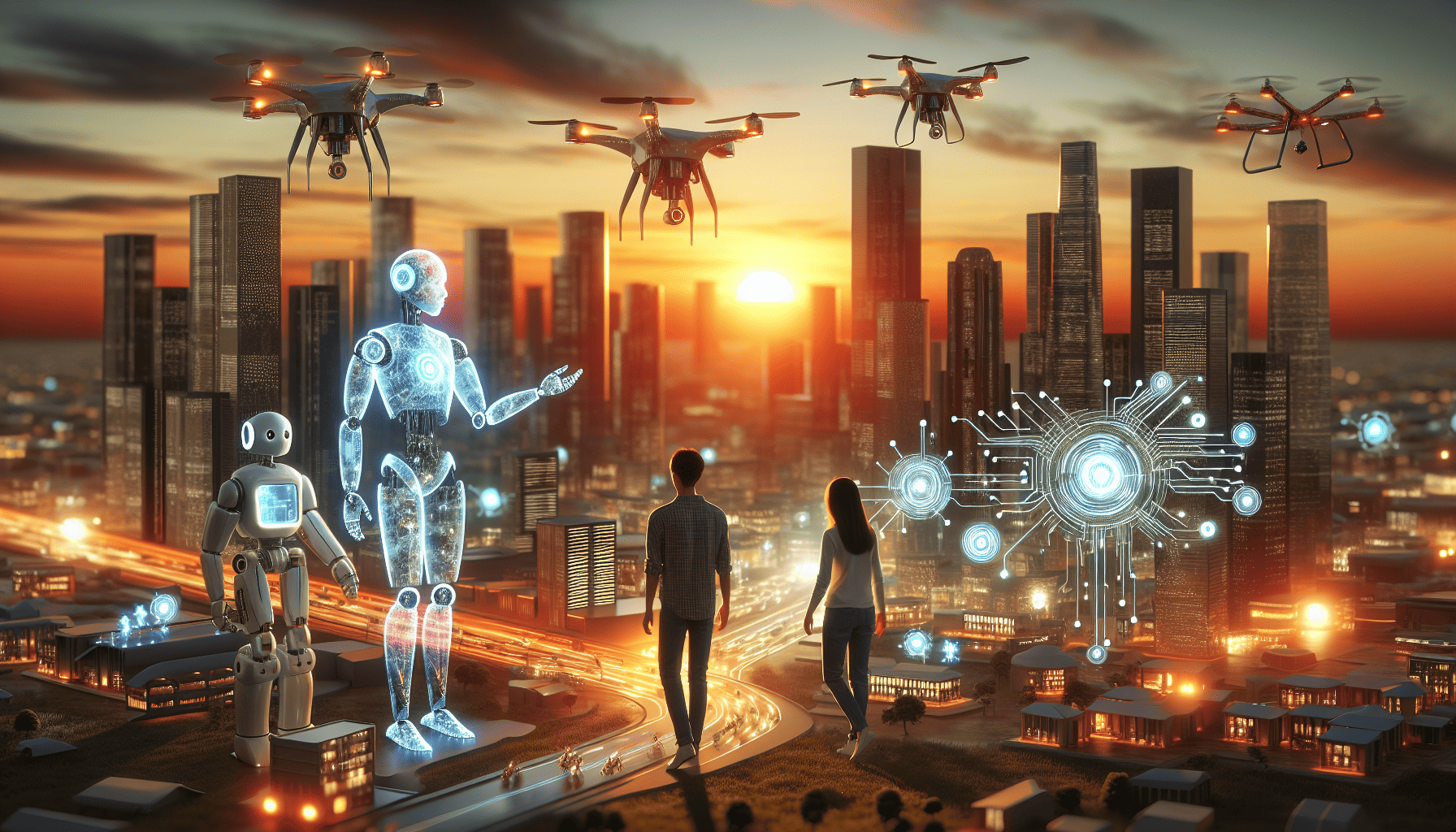Artificial Intelligence (AI) is no longer a concept confined to the realms of science fiction or complex research labs. It is now an integral part of our daily lives, reshaping industries from healthcare to finance and beyond. This technological revolution is enabling unprecedented efficiency and potential, marking a transformative era in human history.
In the healthcare sector, AI is revolutionizing patient care, diagnostics, and treatment planning. AI-driven algorithms can analyze medical data at incredible speeds and accuracy, helping doctors make informed decisions. For example, AI systems can now scrutinize medical images such as MRIs or CT scans faster than a human can, often detecting abnormalities that might be missed by the human eye. Furthermore, AI-powered chatbots are offering preliminary disease assessment, making healthcare more accessible, especially in remote areas where medical professionals are scarce.
The financial industry is another sector experiencing significant AI-driven changes. The capacity of AI to process vast amounts of data at lightning speed is enhancing investment strategies and risk assessments, leading to smarter, more agile financial operations. AI-powered robo-advisors provide personalized financial advice based on individual wealth goals and risk tolerance, making investment management more democratized. Moreover, AI is playing a crucial role in fraud detection, where algorithms can swiftly identify and mitigate potentially fraudulent activities by analyzing transaction patterns in real-time.
AI's influence extends far beyond healthcare and finance into our everyday routines. Virtual assistants like Siri, Alexa, and Google Assistant are enhancing how we interact with technology, helping us manage tasks from setting reminders to controlling smart home devices with voice commands. Meanwhile, AI-driven recommendation systems are tailoring our digital experiences, whether it’s suggesting new music, movies, or even potential friends on social media platforms.
In the realm of transportation, AI is steering the development of autonomous vehicles. These vehicles use AI to perceive their surroundings, make decisions, and drive without human intervention, promising safer and more efficient roadways. Similarly, AI systems in logistics and supply chain management are optimizing delivery routes and reducing operational costs, ultimately leading to faster and more reliable services.
Education is also benefitting from AI innovations. Personalized learning platforms are being developed to cater to individual student needs, allowing for customized instructional methods and pace. AI tools can assess a student's strengths and weaknesses and recommend tailored content, enabling more effective learning experiences.
Despite its numerous advantages, the rise of AI also presents challenges and ethical considerations. Issues such as privacy, data security, and the implications of AI on employment call for careful regulation and thought leadership. Society must ensure that AI evolves in a manner that is beneficial to all, bridging gaps rather than widening them.
In conclusion, AI is proving to be a transformative force across industries and aspects of daily life. As this technology continues to evolve, it holds the promise of streamlining operations, enhancing productivity, and unlocking new potentials. Stakeholders from various sectors need to collaborate, ensuring that the AI revolution is harnessed responsibly to create a future that is more efficient, inclusive, and sustainable.
